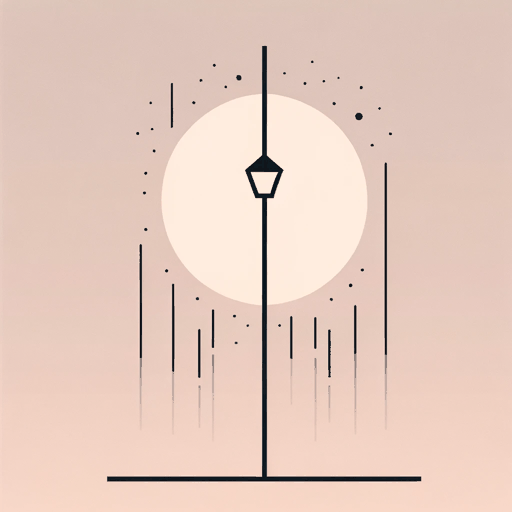22 pages • 44 minutes read
T. S. EliotRhapsody On A Windy Night
Fiction | Poem | Adult | Published in 1915A modern alternative to SparkNotes and CliffsNotes, SuperSummary offers high-quality Study Guides with detailed chapter summaries and analysis of major themes, characters, and more.
Symbols & Motifs
The Streetlamps
The lamps appear in all but one stanza. They illuminate and suggest a foreboding sense of destiny, as each one “[b]eats like a fatalistic drum” (Line 9). This is an auditory rather than visual image. It’s as if the lamps are pounding out a rhythm of life that cannot be altered, contributing to the poem’s evocation of futility and repetitive meaninglessness. The lamps are personified and speak. However, their speech is not clear and bright; rather, the lamps “sputtered” (Lines 14, 47) and “muttered” (Lines 15, 48); one of them “hummed” (Line 49).
They illuminate the streetscape while unlocking corners of the speaker’s mind, bringing forth old memories and images. However, the memories provide little clarity about the speaker’s life. Instead, they expose fragmented bits and pieces that do not contribute to a meaningful whole.
The Moon
In the first stanza, the moon is indirectly invoked as an important actor in the street scenes and memories about to unfold. It brings things together in an unusual synthesis and utters “lunar incantations” (Line 4) that draw out images from the speaker’s memory. The moon is considered in detail in its personification as a woman. Eliot’s depiction deviates from typical portrayals of the moon as a beautiful celestial body in the night sky.
Related Titles
By T. S. Eliot
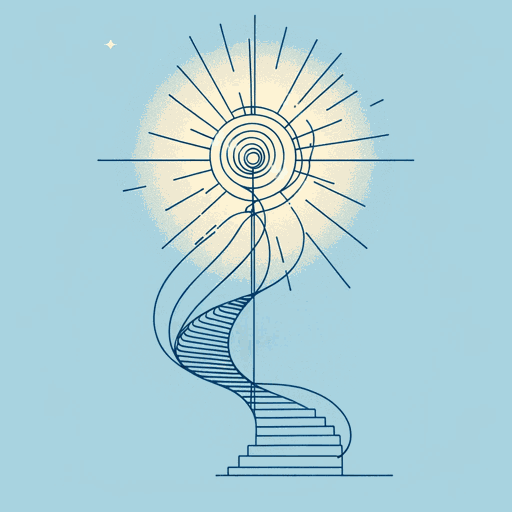
Ash Wednesday
T. S. Eliot

Four Quartets
T. S. Eliot

Journey of the Magi
T. S. Eliot
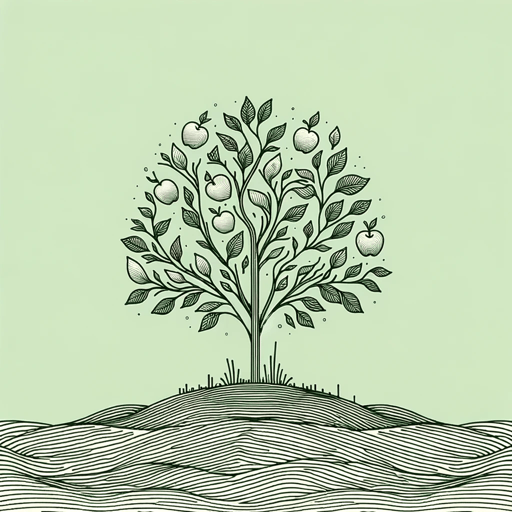
Little Gidding
T. S. Eliot
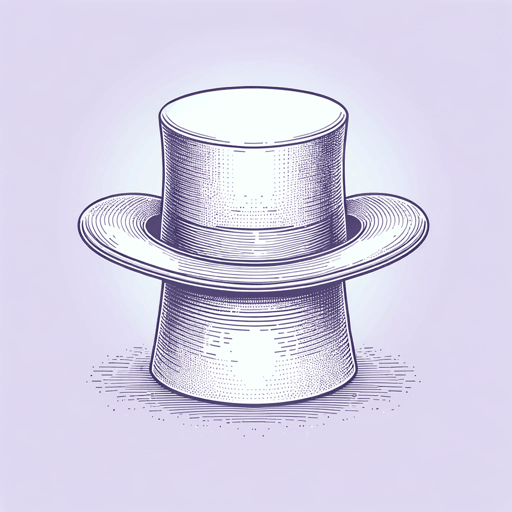
Mr. Mistoffelees
T. S. Eliot

Murder in the Cathedral
T. S. Eliot
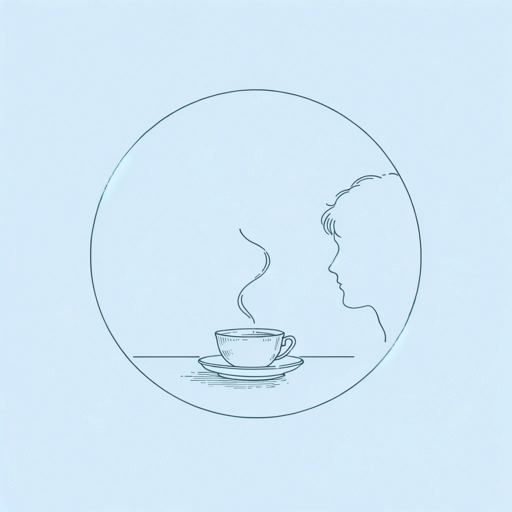
Portrait of a Lady
T. S. Eliot

The Cocktail Party
T. S. Eliot

The Hollow Men
T. S. Eliot
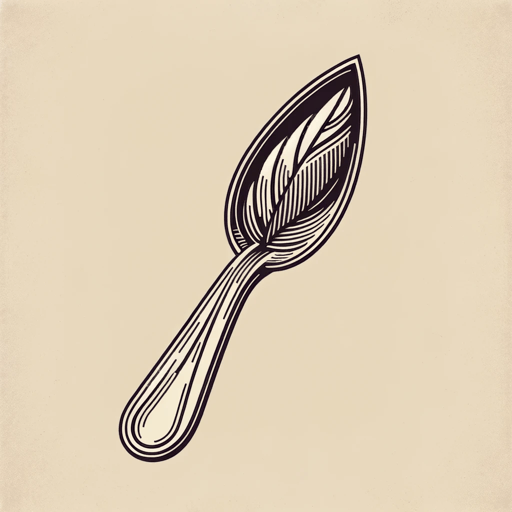
The Love Song of J. Alfred Prufrock
T. S. Eliot
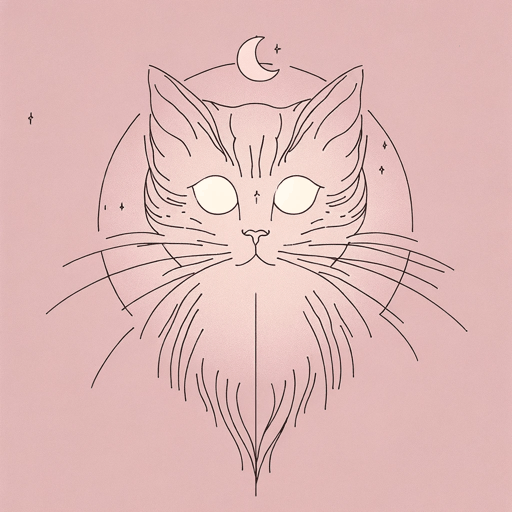
The Song of the Jellicles
T. S. Eliot
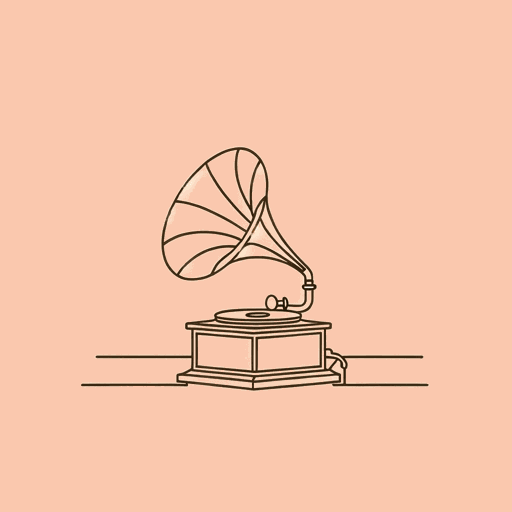
The Waste Land
T. S. Eliot
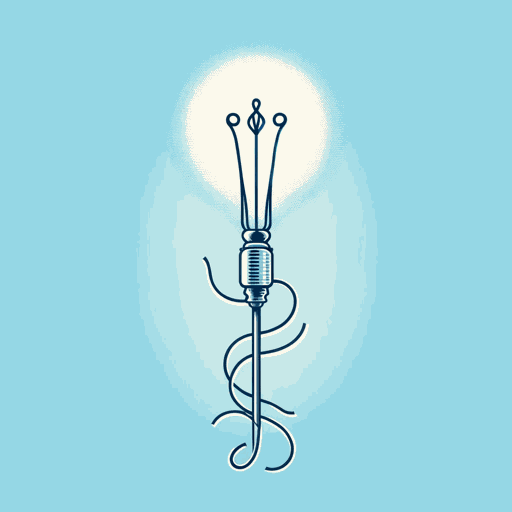
Tradition and the Individual Talent
T. S. Eliot
